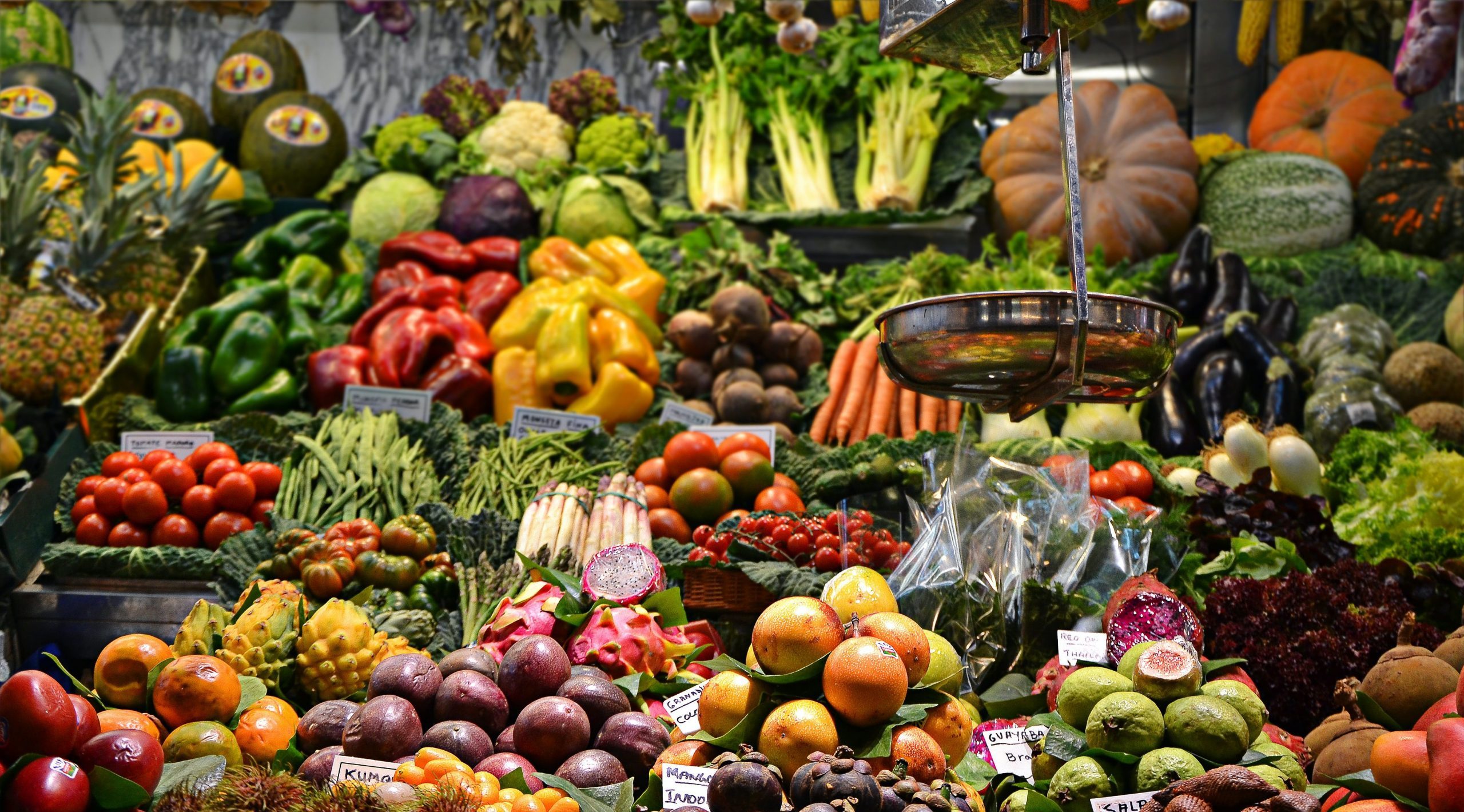To find solutions for farming in the nation, the Ministry’s Agricultural Affairs Department collaborated with a number of foreign and domestic research organisations.
Qatar will soon boast a new plant factory that ensures year-round production of vegetables, officials revealed, according to local news outlet The Peninsula.
The plant factory will provide consistent output of high-quality crops all year long while enabling growers to schedule and efficiently plan their production. This will be made possible by artificially regulating the growth environment including light, temperature, humidity, carbon dioxide concentration, and culture solution.
“The project, which will be announced officially during the next five months, will have positive impact on growing leafy vegetables, especially during summer,” said Hamad Saket Al Shammari, the Director of the Agricultural Research Department at the Ministry of Municipality, announced the details during an interview on Qatar TV.
The cutting-edge techniques provide greenhouses with special features to use for sustainable farming that help resolve the difficulties that arise from high temperatures and the sun, which come in the way of growing agricultural produce.
“The idea behind setting up such types of greenhouse came during interactions with some Japanese agricultural experts. It is based on a technique of utilising air current in a way to enter the greenhouse reducing the sun to protect the plants from excessive heat,” the official added.
The department has already employed this method to grow a variety of agricultural goods, including tomatoes, cucumbers, and eggplants, to ensure large-scale production, he noted.
Speaking of the department’s primary research initiatives, he noted that the Livestock Research Center is engaged in two significant projects to develop fodder to raise the quality of sheep meat as well as the quantity of milk.
He said that as part of the study, the centre discovered substitutes for local pastoral plants that use less water and are higher in protein.
“We are also working on a research project to produce livestock free from any disease. These two research projects, which were launched two years ago, are expected to bring the positive results in coming years,” said Al Shammari.
Last year, Director of the Food Security Department at the Ministry of Municipality, Dr. Masoud Jarallah Al Marri told Al Rayyan TV that self-sufficiency in producing five basic types of vegetables reached 46% thanks to local farms.
The goal, however, is to reach 70% of the market demand in less than a decade, he added, noting the country has hit the 70% mark in dates and 75% in fish.
However, Qatar is now 100% self-sufficiency in fresh poultry and milk production, though consumption is not high in demand. The official explained that only 20% of fresh chicken is consumed, while the remaining 80% is imported frozen chicken.
“For frozen chicken, we depend on import and storage. However, fresh chicken is being produced in Qatar, in which we have achieved 100 percent self-sufficiency,” said Al Marri.
Local production of table eggs now meets 55% of national demand but this number is expected to reach 70% this year.
Qatar witnessed significant growth in self-sufficiency in recent years, sparked by previous geopolitical tensions between Gulf nations in 2017, when Qatar faced an illegal air, land and sea blockade.
Previously, the majority of produce was imported from neighbouring Gulf states.







